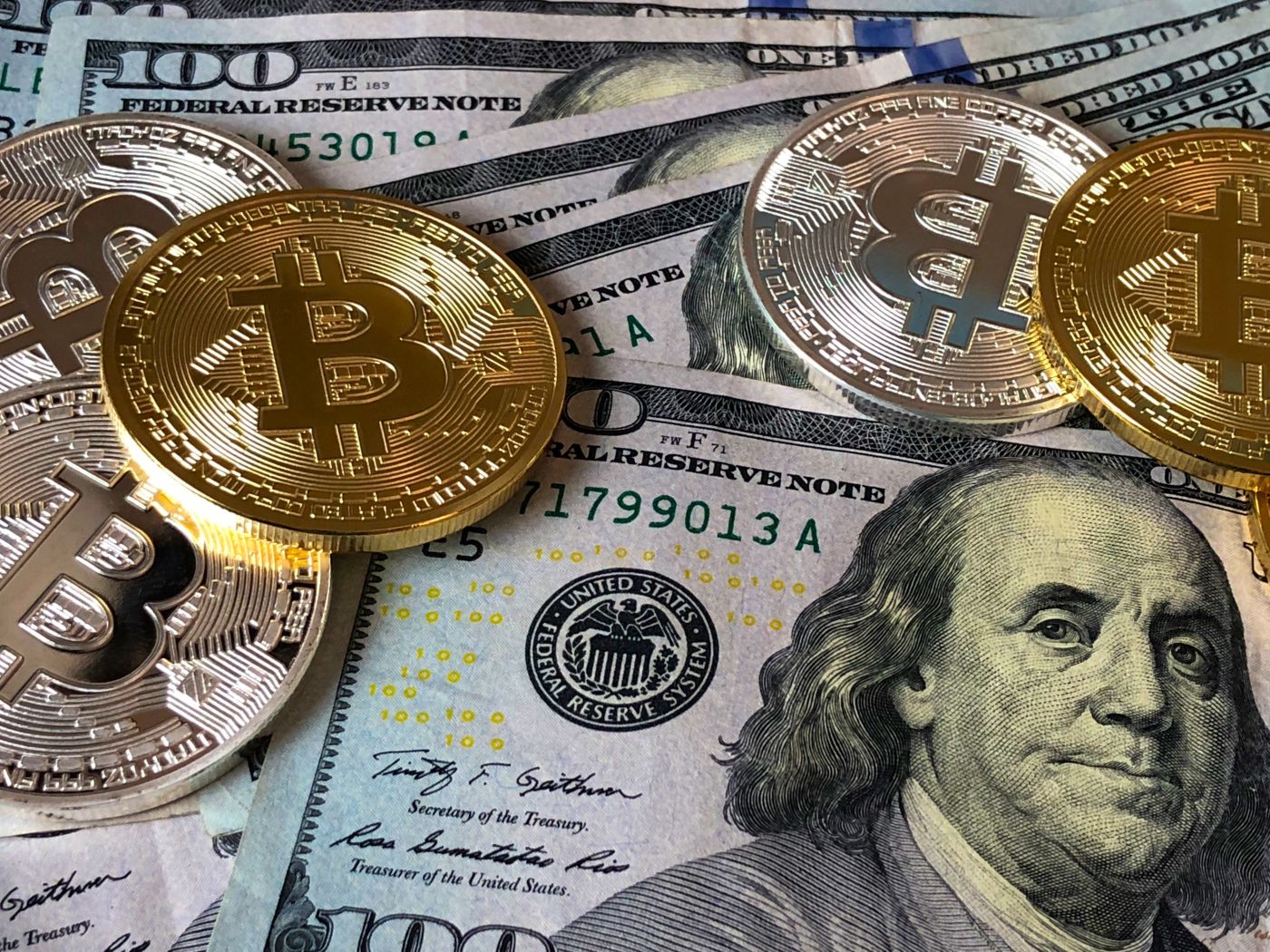
IS BITCOIN SAFE FROM THE GOVERNMENT?
In the current economic climate, investing in digital currency has exponentially increased in popularity as it has wildly increased in value. Many people are investing in digital currency with the belief that it is safe from government overreach and economic trouble. Although cryptocurrencies operate independently from third parties through their own trusted technologies, that does not mean that governments cannot indirectly affect your investments in them. They can still heavily tax your investment, penalize you for them, and restrict your access to them in some form. Bitcoin can be a good investment if you go into it with an informed mindset, and a dangerous one if you don’t.
HOW DOES BITCOIN WORK?
When Bitcoin first launched in 2009, it was designed to be a form of digital currency that eliminated the need for traditional intermediaries to make financial transactions, such as banks and governments. There is no third party involved, so two individuals can simply make transactions directly with one another anytime, anywhere.
Many Bitcoin enthusiasts site the technology behind it as why it is safe from government overreach. The open-source code that powers Bitcoin, and over 6,000 other cryptocurrencies, is called blockchain. It creates a shared and permanent public ledger where each transaction is a “block” that is “chained” to a code. This technology is trusted because of its ability to decentralize control over the system. However, just because the government can’t directly dip their hand into the pot of digital currency, that doesn’t mean it’s completely untouchable.
GOLD VS. BITCOIN
Since it’s launch in 2009, Bitcoin enthusiasts have promoted it as an inflation hedge, to be drawn upon in times of tumult (such as the one we’re in right now). Many adherents view it as a new version of gold. Unlike gold, cryptocurrency has no intrinsic value. Instead, the value of cryptocurrency is based solely on what investors are willing to pay for it. Just like gold, it is protected from inflation, economic crashes, and expansionary monetary policy, however, it is not completely safe from the government.
As we look down the road to all the economic changes that may come, policy surrounding Bitcoin could be similar to policies surrounding gold in the 1930s. Up until 1933, the United States operated on the “gold standard”, meaning the Federal Reserve was required to back a portion of the currency it issued with gold. When large quantities of gold started flowing out of the Federal Reserve, they could no longer exchange dollars for gold. In a series of phases, President Roosevelt and his administration weakened the dollar’s link to gold and suspended the gold standard. In this period, the President had the power to control international and domestic gold movements, and the Secretary of the Treasury had the power to compel the surrender of gold coins and certificates. The government essentially impounded gold from the individual consumer.
In emergency situations, the government has more power to affect your finances than you think. While the government may never be able to directly dip into your Bitcoin wallet, they could restrict your access to your investment. For example, the government could restrict or manipulate the conversion of Bitcoin to the U.S. dollar, and since only a limited amount of companies currently accept Bitcoin as payment, you might not be able to draw on your investment when you really need it. The government could also affect digital currency in a practical sense by tightening up taxation on it, and creating other monetary policies surrounding it.
IS BITCOIN A GOOD INVESTMENT?
Most people purchase Bitcoin as a form of currency speculation – betting that the dollar value of one bitcoin will be higher in the future than it is today. However, that is extremely risky and difficult to predict. When we think about the future of Bitcoin investments, we must take into consideration, and be prepared for, a continuing of wild fluctuations in value. Unlike traditional markets, there are no circuit breakers or closing bells that stop trading. Cryptocurrency can, and has, pivoted wildly within a single day. Thus, it has no place in a short-term portfolio. However, Bitcoin has historically been a winning investment long-term. In January 2009 it had virtually no value, and 12 years later in February 2021 it surpassed $50,000 for the first time.
If you decide to include cryptocurrency as part of a long-term retirement portfolio, we recommend making it only a small percentage of it, ideally less than 10%. When investing in any digital currency, you must go into it with the notion that you could lose a large amount of money at any time, and it is certainly not safe from the overreach of the government.
We would love to
help you construct an investment portfolio that fits your needs and goals. If you have any questions about financial planning, please contact us at (614) 389-9711.
Sources: https://yourfinancialadvocate.blubrry.net/2021/02/26/episode-11-hey-whats-on-your-mind/
https://www.wsj.com/articles/bitcoin-what-to-know-before-investing-11613498045
https://www.federalreservehistory.org/essays/roosevelts-gold-program
https://www.nerdwallet.com/article/investing/what-is-bitcoin
https://www.federalreservehistory.org/essays/roosevelts-gold-program